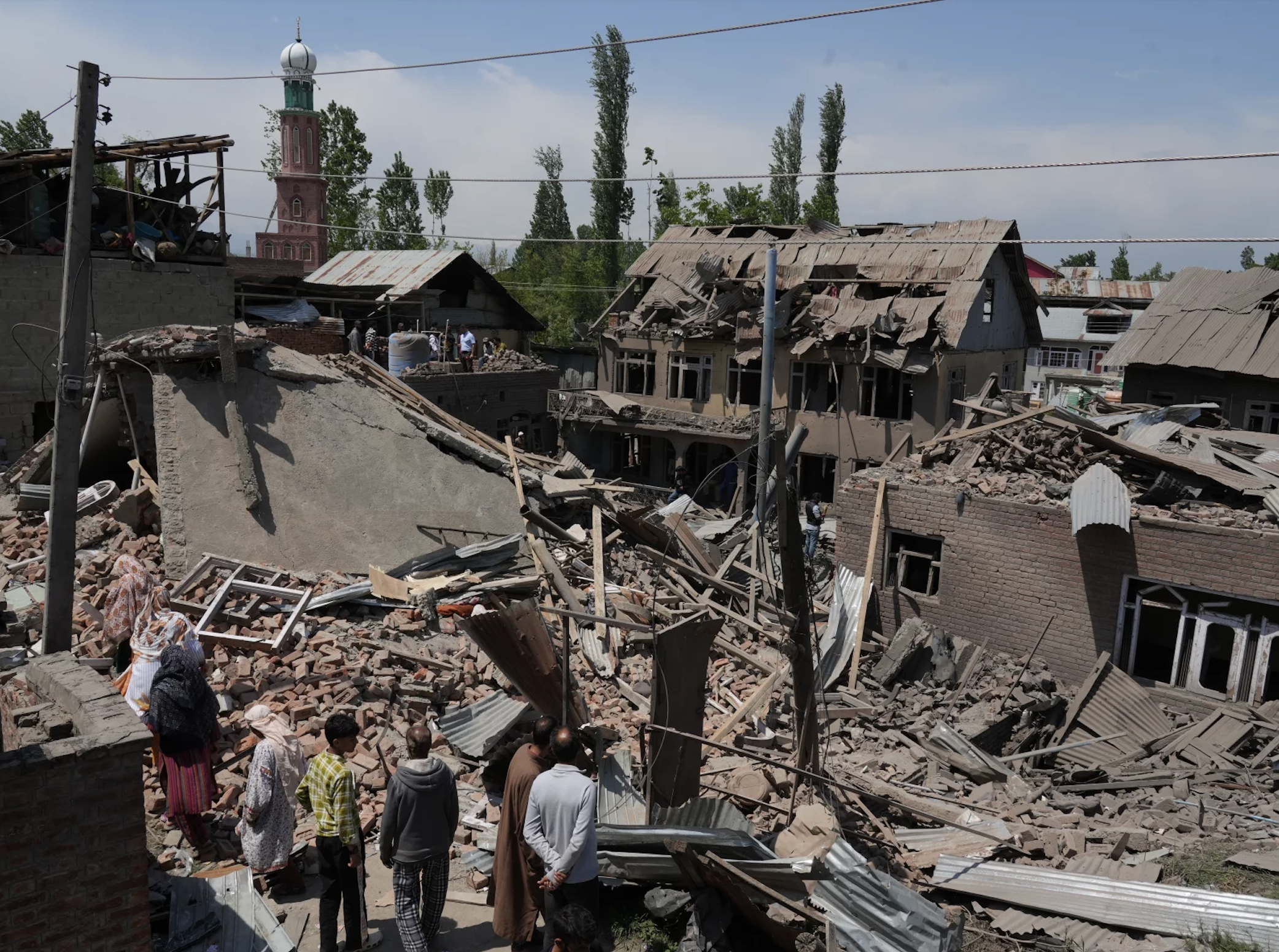
By Apoorvanand
I was pleasantly surprised to see an article by Sonia Gandhi in The Indian Express (‘In need of repair’, August 18). I read it with great expectation, but was left disappointed. Not because the piece says anything wrong, but because it is only a cold indexing of what has gone wrong with Indian democracy in the last few years. It talks about the damage to the economy, the demolition of federalism, the hollowing out of institutions that hold democracy together, the disastrous handling of the pandemic and the targeting of critics of the government using laws meant to deal with “terrorism”. It also laments the loss of the inclusive ethos that defines India. All wrongs listed, the piece ends with a wish, “India must show that it is possible to translate idealistic visions into lived realities.”
Everything has been said. Why am I cribbing then? Because the piece fails to register and articulate the trauma that Indian Muslims are suffering from. Nowhere too did I find the word secularism mentioned. The central idea that defines India has been effectively pushed out of all political discourse. After the 2019 election results, PM Narendra Modi had listed as his major victory that he had ensured that “secularism” would no longer be used by any political party. Now we see that even the chief of a party, which conceived of and practised this principle, not only of statecraft but also of the country’s social life, does not think it important to remind the people that diversity and pluralism cannot exist without secularism.
Secondly, the lament for the loss of diversity becomes formalistic if you do not say that what matters is the protection of and respect for equal rights of all minorities, especially Muslims and Christians. That was the promise of India under the leadership of Gandhi and Nehru. Gandhi died for it and Nehru defended Muslims with his body.
So, why is the president of a party that Gandhi and Nehru led reluctant to touch upon the subject of how minorities are under threat in India today? Instead, the word diversity is strategically used to invisibilise Muslims or Christians in the political and social sphere. Given the physical and psychological attacks that Muslims are facing on a daily basis, it is not something you can talk about indirectly.
On the night of August 13, two nights before the 75th Independence Day, I got a missed call from a resident of the state with the largest number of Lok Sabha seats. I called back only to be stunned into silence by the opening sentence, “Sir, I am trying to watch the video of Kanpur but the cries of the little girl clinging to her father begging for his life are unbearable. I switch off.” I knew which video he was referring to. He continued, “Her cries remind me of my daughter. There are only three of us. Wouldn’t it be better to die by taking poison than suffer this humiliation?”
It took me time to fight my way out of silence and turn it into a conversation. I need not go into the details of the Kanpur attack on Afsar Ahmad in police presence. I looked for an acknowledgment in Sonia Gandhi’s piece of the anguish of this citizen of India who finds death more honourable than life in this country. The leader failed me.
A defence can be made by saying that she does talk about discrimination. But does this word articulate the injury to the souls of Indian Muslims, the stain of their blood on our streets and fields?
It can be argued that it is unfair to demand such boldness from a leader, who herself has been subjected to the vilest of attacks because of her religious antecedents and her place of origin. That is even more a reason for her, a leader of a party where she enjoys respect across factions, to assert the right of a Muslim or a Christian to live with full rights.
Should one say that the word communalism is inadequate to describe the politics of the BJP? It is aggressive majoritarianism which is disenfranchising Muslims in all aspects of national life.
We need extraordinary courage and moral clarity when faced with such an unprecedented and brazen attack on the fundamentals of our national life. That clarity must be reflected in speech. Should I request Sonia Gandhi to read the letter that a young Indira Gandhi had written to her father, the first Prime Minister of India, in a similar moment of crisis? Writing from Lucknow on December 5, 1947 about the rallies organised by the RSS and allowed by the Congress government, she warns, “The recent history of Germany is too close for us to be able to forget it for an instant. Are we inviting the same fate to the country? The Congress organisation has already been engulfed — most Congressmen approve of these tendencies. So do government servants of all ranks and positions.”
Even bolder is her letter of December 10, 1949. The occasion was the visit of Nehru to Farrukhabad. Indira wrote, “I hear Tandonji wants to change its name and that of every town which ends in ‘bad’ into ‘nagar’.” She threatens: “If this sort of thing goes on much longer, I shall be provoked into calling myself ‘Zohra Begum’ or some such thing!”
Unless our secular leaders are as bold, not only in their belief but also in their words, it is difficult to expect people to even listen to their lament. Incidentally, the letters are part of a beautiful volume of letters between Indira and Nehru that Sonia Gandhi has edited.
This story first appeared on indianexpress.com





